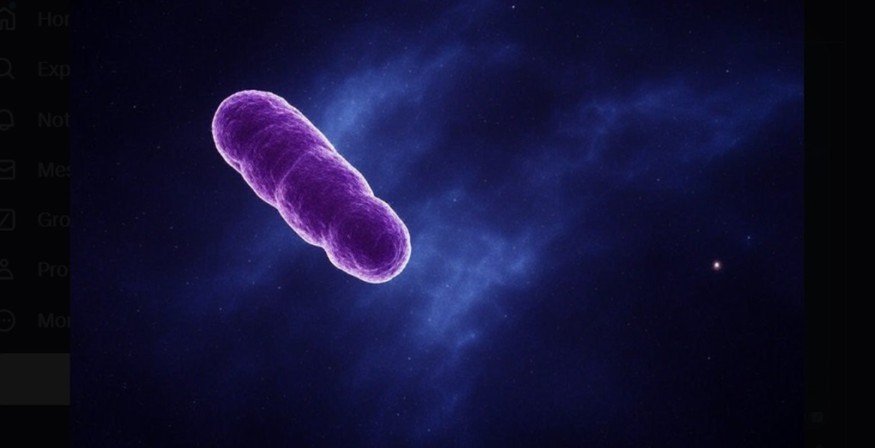
A unique bacterium, nicknamed "Conan the Bacterium" and scientifically known as Deinococcus radiodurans, has astonished scientists with its ability to endure radiation levels 28,000 times higher than those fatal to humans.
Recent research uncovers the secret behind this resilience: a potent antioxidant made from a trio of small molecules. This discovery could transform human health protection on Earth and during space exploration.
Bacterium's Survival Strategy: Antioxidants Protect Against Radiation
Bacterium's survival strategy lies in a combination of manganese, phosphate, and a small peptide made of amino acids.
Together, these components form a highly effective antioxidant shield that protects the bacteria's proteins and cells from radiation damage.
Researchers believe this breakthrough could pave the way for new protective measures for astronauts and radiation-exposed individuals on Earth.
According to CNN, Brian Hoffman, a professor at Northwestern University and co-author of the study, explained that while the antioxidant effects of manganese and phosphate were already known, the addition of the peptide enhances the protective power significantly.
"This discovery sheds light on why this combination is such a powerful and promising radioprotectant," he shared.
Conan the Bacterium has long been celebrated for its extraordinary durability. It holds the Guinness World Record as the most radiation-resistant organism, having survived conditions outside the International Space Station for three years. Beyond radiation, it can withstand extreme cold, dehydration, and high acidity.
These capabilities inspired earlier studies suggesting that if Deinococcus radiodurans had existed on Mars, it could have survived for millions of years in frozen conditions.
New Synthetic Antioxidant MDP Could Protect Astronauts from Space Radiation
Building on previous research, the latest study introduces MDP (melatonin-derived protective), a synthetic antioxidant inspired by the bacterium's natural defense mechanism.
MDP combines the same trio of manganese, phosphate, and peptide, forming what researchers call a "secret sauce" for radiation protection.
This antioxidant has already been used in vaccines inactivated by radiation, demonstrating its safety and effectiveness.
The implications of this discovery are vast. For astronauts embarking on deep-space missions, MDP could be administered as an oral supplement to guard against cosmic radiation, NDTV said.
Earth-based applications include protecting individuals from accidental radiation exposure or enhancing industrial processes requiring radiation resistance.
Dr. Tetyana Milojevic, a leading exobiologist not involved in the study, highlighted the potential for MDP to revolutionize radioprotective strategies across multiple fields. Researchers now aim to explore whether similar protective complexes exist in other organisms and how they contribute to radiation resistance.
© 2025 ScienceTimes.com All rights reserved. Do not reproduce without permission. The window to the world of Science Times.












